There are three things to remember when teaching: know your stuff; know whom you are stuffing; and then stuff them elegantly.
On the weekend of October 4th and 5th, Erin of Green Hill Farm, Suzanne of Faerie Springs Farm, and I came together to host Homesteading Days in Sharpsburg, MD. It was such a beautiful two days with cool temps and blue skies... some folks even camped out. We had a nice, relaxed atmosphere and you never felt rushed from one workshop to the other - meals were leisurely and we enjoyed great company and down-home eats.
We hosted some really great hands-on workshops for harvest season self-reliance and participants got in there and learned by doing. For some it was their first foray into the process and I'm proud of those folks for overcoming their initial anxiety!
Here are some pictures from the weekend:
Artisan Basket Weaving Workshop
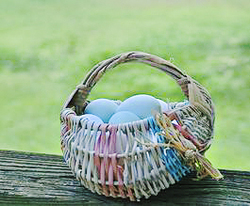
Don't overlook the beneficial aspects of basket weaving. Few people today have ever woven a basket but it's a highly practical skillcraft to have. While it's seems a bit old fashioned now, basketry has been vital to a sustainable homestead for generations. So many valuable tools can be crafted beyond decorative containers... animal traps, cages, chairs, huts, fishing weirs, fences, even chicken coops. Basketry was in standard use to make all of these things and more at one time, and a few folks still make many useful tools from woven wood in rural areas.
Kat La Due taught us how she makes her beautiful woven Appalachian Egg Baskets, the perfect size for one dozen eggs. Everyone was able to take home the one they crafted in the class.
Beekeeping Seminar
Rick Hemphill currently has 17 hives spread across the county and farms his own honey; he keeps an outyard hive at Green Hill Farm. Rick was a wealth of knowledge and answered all of our millions of questions. He brought a sample of his equipment and showed us the in's and out's of basic beekeeping. Everyone took home a jar of his honey too... yum!
Canning Workshop
High acid foods such as some fruits and tomatoes can be processed or “canned” in boiling water. In this method, jars of food are heated with boiling water. But low-acid vegetables and meats must be processed in a pressure canner at least 240 ◦F.
Suzanne showed us how to "put up" the fruit and vegetable harvest using both methods, this is truly becoming a lost art. She was sweet to send everyone home with a nice little canning gift too!
Raising Livestock for Food Demonstration
Imagine a weekend breakfast of eggs, bacon, and honey from your own chickens, pigs, and bees. Or a holiday meal with your own home-raised turkey or goose as the main attraction. For most homesteaders, raising livestock is critical to the homestead economy. The types and breeds you choose to raise on your own place will be determined by your climate, the size of the homestead, food sources available, and, of course your personal preference.
Erin and I showed folks around the farm discussing out-of-the-box ideas for saving money attaining and raising healthy livestock for food production, how to source animals in your area, the level of maintenance, space, housing, and length of time to harvest for some of the more traditional livestock. We answered some very insightful questions and everyone got an opportunity to see the livestock in their environment (and to feed the adorable baby cows their milk) One lucky participant even pitched in to catch a crafty jailbreaker pig! That's what I call learning by doing!
Rabbit Processing Workshop
Almost like pulling food out of a hat... if you are looking for a simple way to provide meat for your homestead you might want to consider raising meat rabbits. Rabbit meat is delicious, very high in protein (higher and leaner than chicken), and extremely low in fat and cholesterol. Very few other meats have nutritional values like rabbits. And they can be raised right in your backyard, even in the city!
Besides being a healthy protein source, rabbit fur will make an incredibly warm coat or blanket and is a great bartering item. On a cold winter’s night, snuggling under a blanket hand-crafted from rabbit pelts is luxurious, light-weight, and amazingly warm.
Kate Hemphill showed us how to process rabbits humanely with very little set-up needed. Butchering is fairly simple and straight-forward... a skilled homesteader can take a rabbit from the cage to freezer in 15 minutes or less. No plucking necessary and there’s very little cleanup.
Several intrepid participants hopped in and successfully harvested their own rabbit and everyone took home a beautiful processed meat rabbit for their dinner.
Poultry Processing Workshop
Chickens and ducks are an obvious choice for a small homestead because they don't require much space and will provide your family with eggs and fresh meat. Once a hen gets long in the tooth and no longer produces eggs efficiently, she'll be perfect for the stew pot. Believe it or not, mature birds are a lot more flavorful than the rapidly-fattened young birds. Chickens and ducks require no more time commitment than the family dog (maybe less depending on your dog) and they're less expensive to raise.
A note on pasture-raised poultry: The health benefits of pastured poultry begin with the birds. They have reduced fat and cholesterol because they eat more greens and fiber, exercise daily, and keep stress levels low. Pasture raised chickens have 21% less total fat, 30% less saturated fat, and 28% fewer calories than their factory-farmed counterparts.

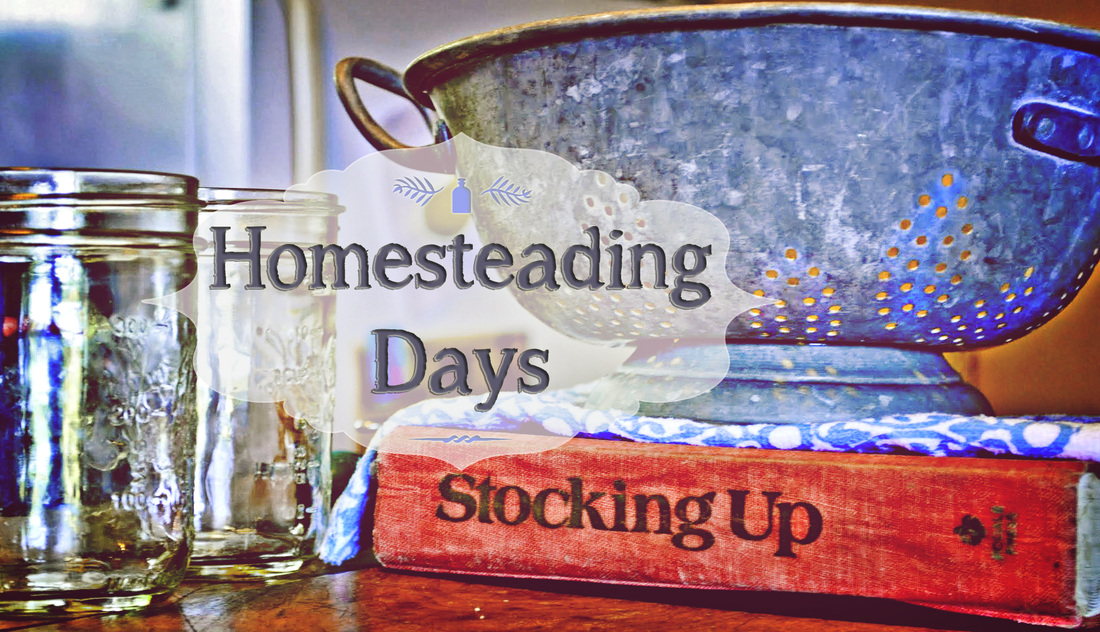
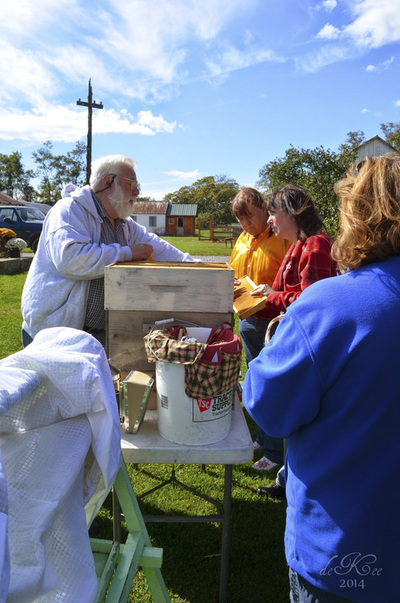
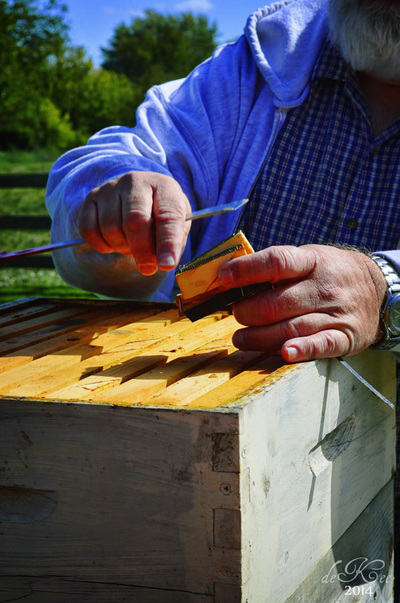
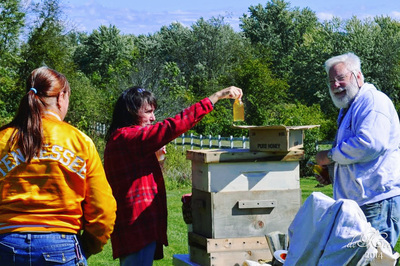
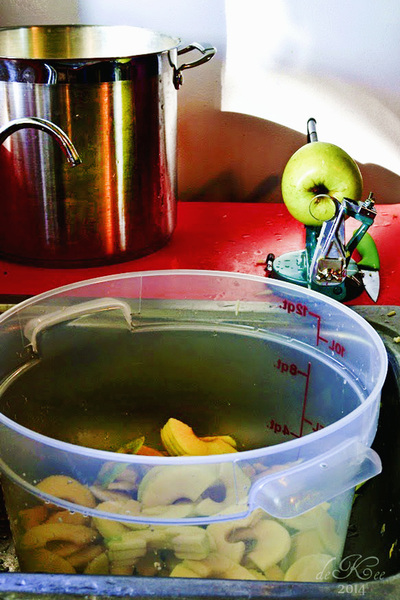
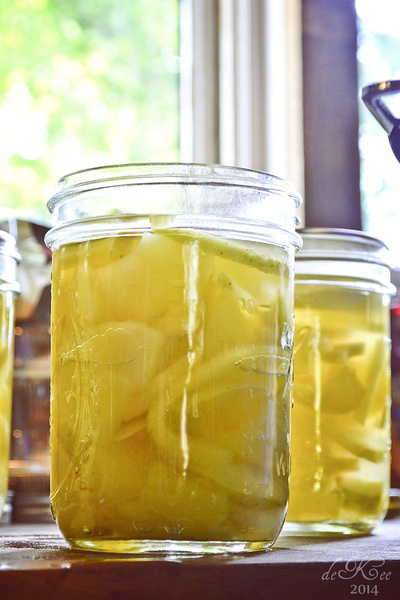
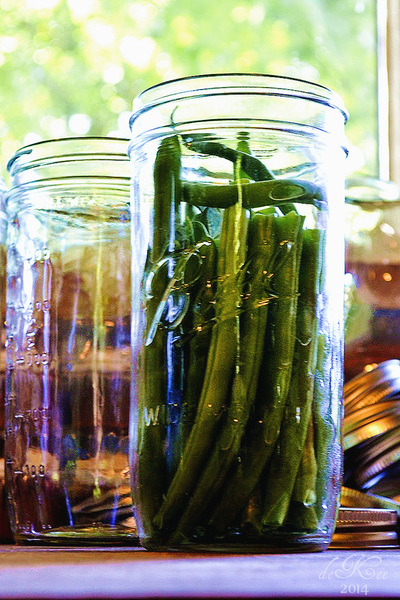
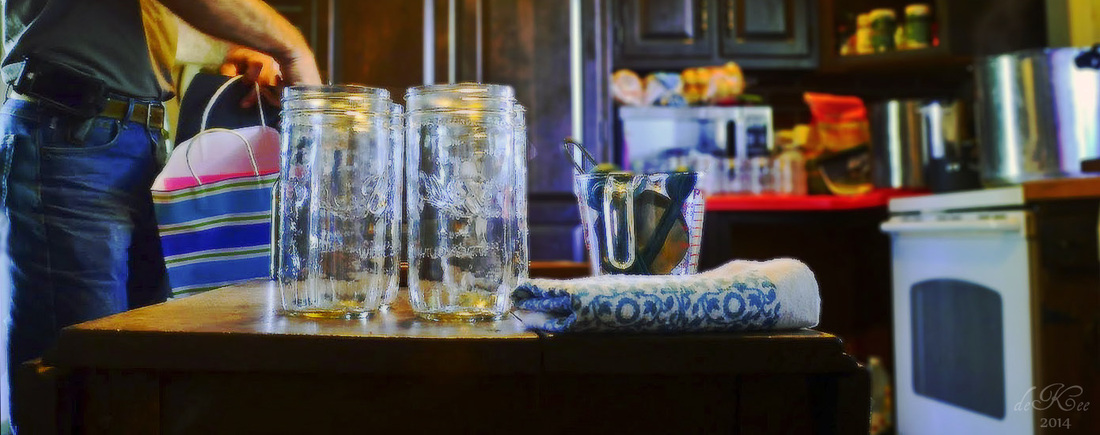
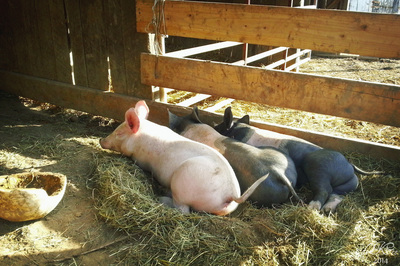
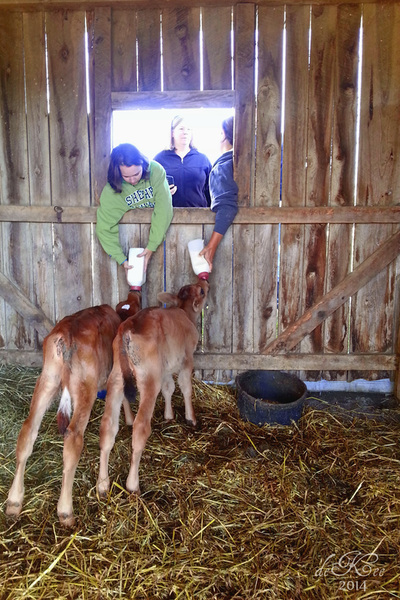
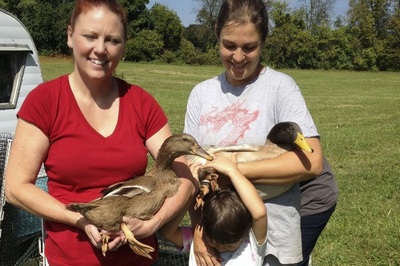
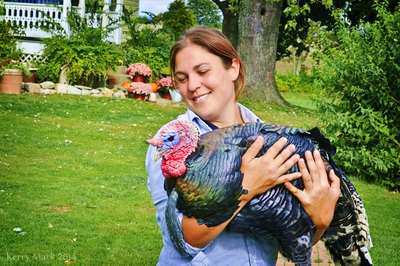
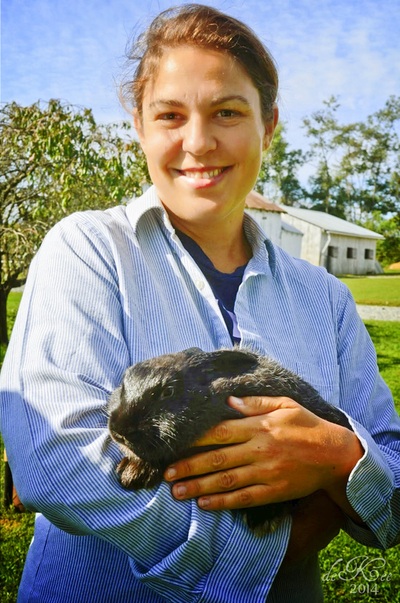
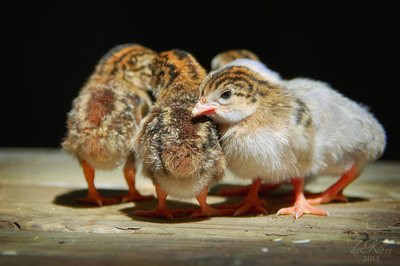
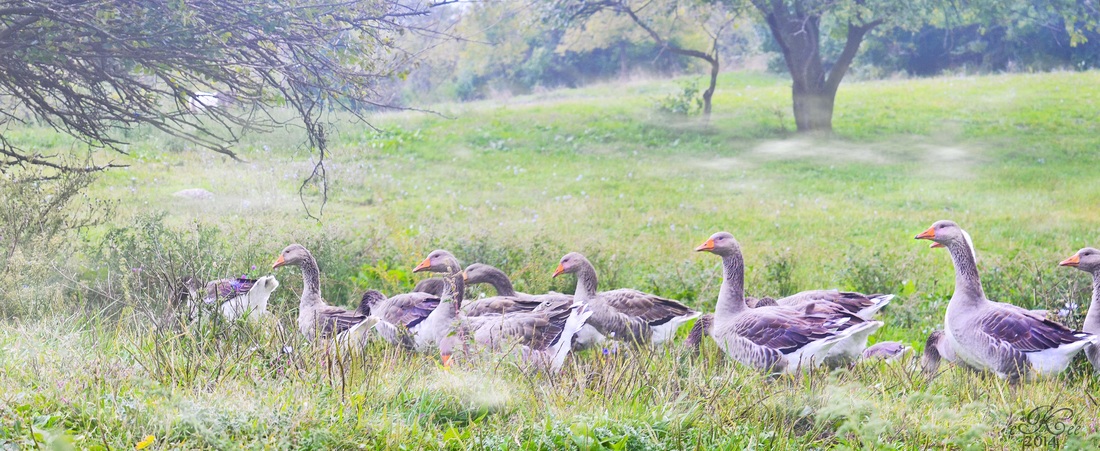
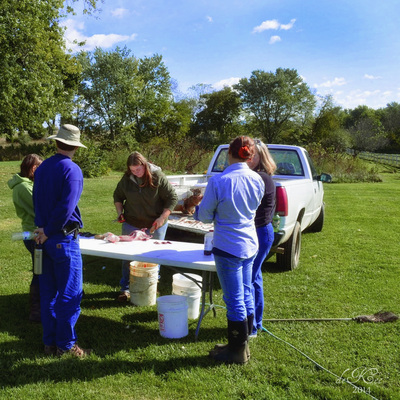
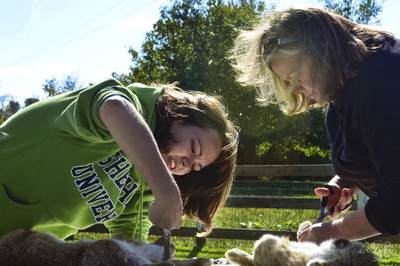
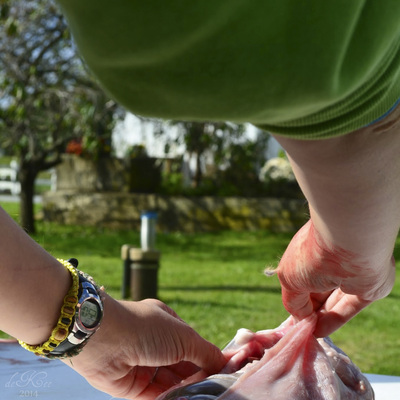
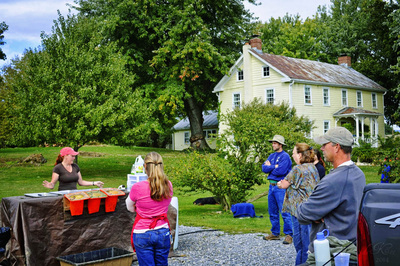
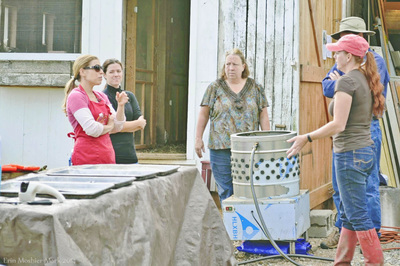
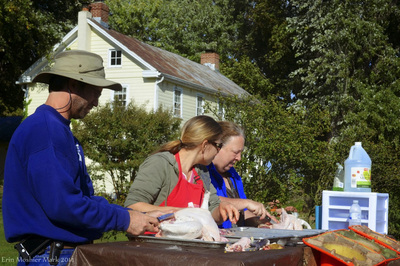
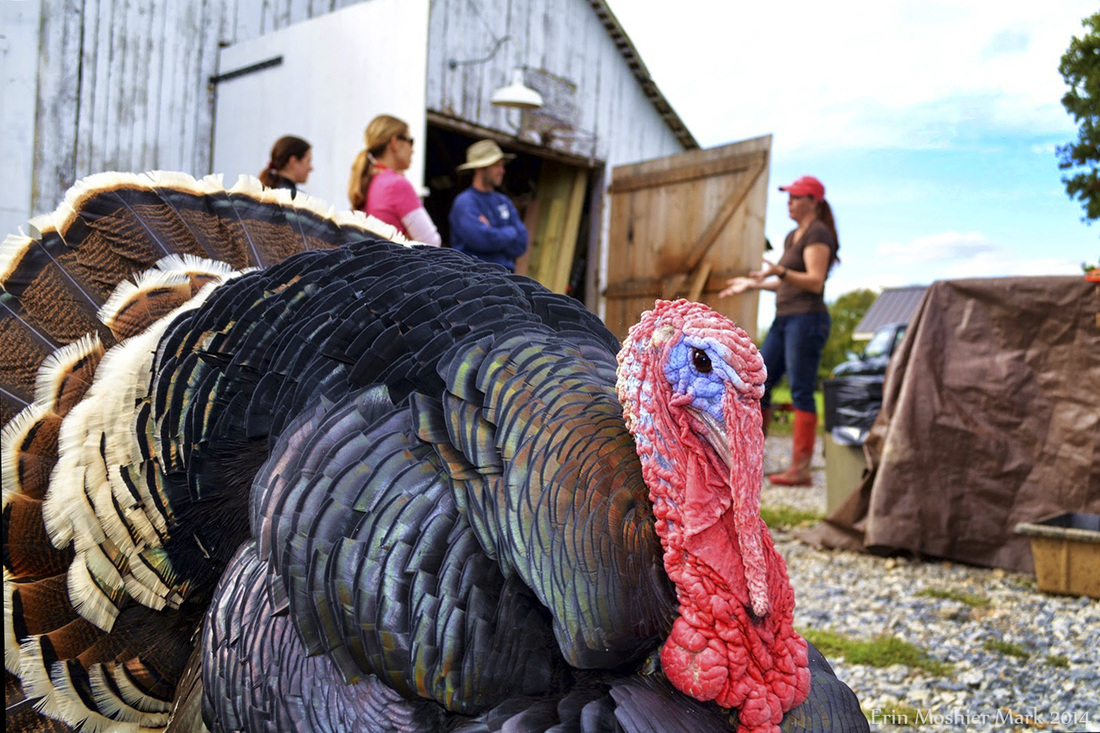
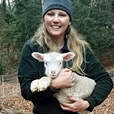
 RSS Feed
RSS Feed



